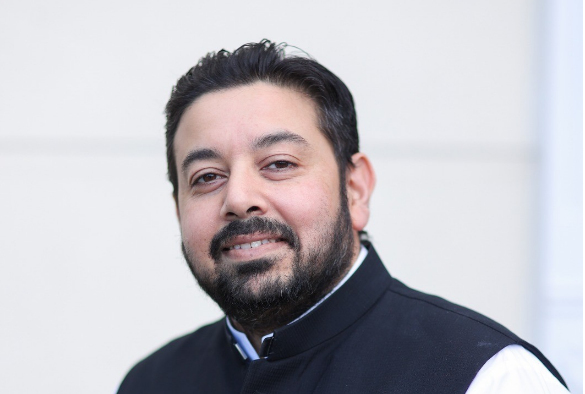New study explores the impact of the gut microbiome on radiotherapy outcomes

Researchers from the Department of Molecular and Clinical Cancer Medicine have been awarded funding to investigate how the gut microbiome affects rectal cancer’s response to radiotherapy.
Colorectal cancer is the third most common cancer in the UK, with rectal cancer accounting for a third of these cases. Treatment can be complex, with some patients needing radiotherapy to shrink the cancer before surgery. Others need only radiotherapy, avoiding major surgery and complications. Early research suggests that the microbiome may also affect how anti-cancer treatments work.
The microbiome is made up of trillions of bacteria and microbes in our guts. It has many functions, including digesting dietary fibre and defending against harmful microbes. Studies show that healthy people’s microbiomes differ from those of bowel cancer patients.
In a new pilot study, faecal samples will be collected from patients undergoing contact radiotherapy at Clatterbridge Cancer Centre. These samples will be analysed for differences between those who respond to treatment and those who do not. Information will also be collected about patients’ diets to establish whether some diets are linked to specific microbes and radiotherapy responses.
Mr Muhammad Ahsan Javed, Lead Investigator, commented: “Rectal cancer is challenging to treat due to the high risk of local recurrence and surgical complications, which can significantly impact patients’ quality of life. Our aim is to understand which patients will benefit from radiotherapy so that we can personalise treatment for rectal cancer.”
The pilot scheme is funded by a highly competitive Guts UK Development Grant for early career researchers.